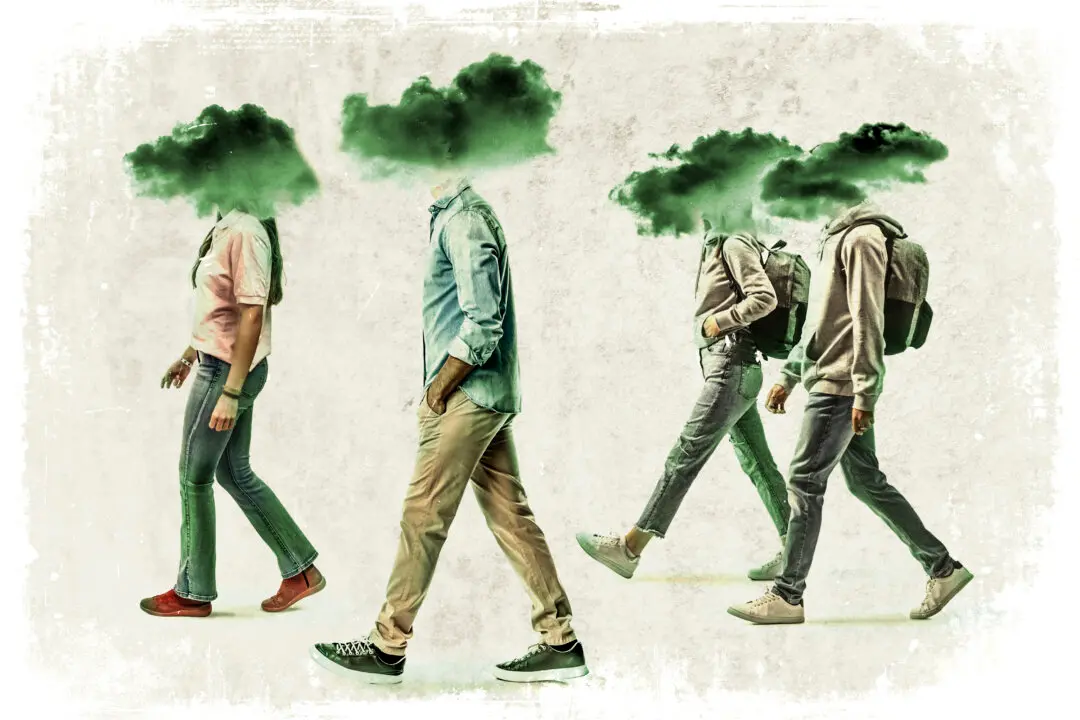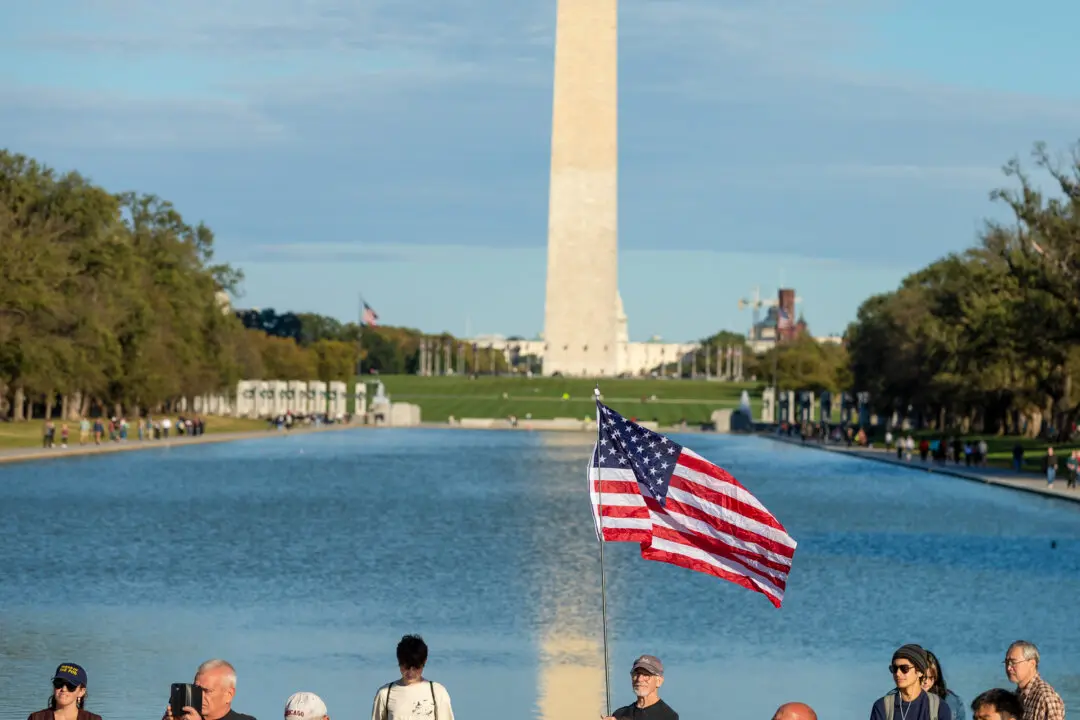Experts believe that restricted areas of the OCS could eventually produce nearly 10 years’ worth of America’s current annual oil production—although the benefits wouldn’t be seen for 20 or 30 years.
“To reduce pressure on prices we must continue to implement good conservation policies, and we need to increase the supply of oil, especially here at home,” said Bush in a published speech on Monday.
Concerns raised by Democrats have included hurting the scenery of U.S. beaches and the environmental risk of oil spills. However, the White House cited advances in technology that have made it possible to conduct oil exploration in the OCS that is out of sight, protects coral reefs and habitats, and protects against oil spills.
On Monday, Bush symbolically lifted the executive ban on off-shore drilling and asked Congress to do the same with the legislative ban—not so easy.
“It’s been almost a month since I urged Congress to act—and they’ve done nothing. They’ve not moved any legislation. And as the Democratically-controlled Congress has sat idle, gas prices have continued to increase,” said Bush. “Failure to act is unacceptable. It’s unacceptable to me and it’s unacceptable to the American people.”
With the technology there, Bush put the ball in Congress’ court.
“This means that the only thing standing between the American people and these vast oil resources is action from the U.S. Congress,” he said.
Democratic White House hopeful Sen. Barack Obama’s campaign criticized Bush’s move. “It would merely prolong the failed energy policies we have seen from Washington for 30 years,” spokesman Bill Burton said.
Even if more Democrats in Congress backed lifting the legislative ban, it would be unlikely that they would buck their presidential candidate ahead of the November election.
Republican White House contender Sen. John McCain supports lifting the ban, and told reporters that he thought Bush’s decision was a “very important signal” and that “states should continue to decide.”
Some information in the article was provided by Reuters.




